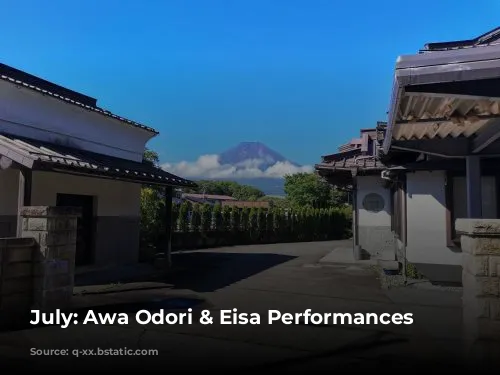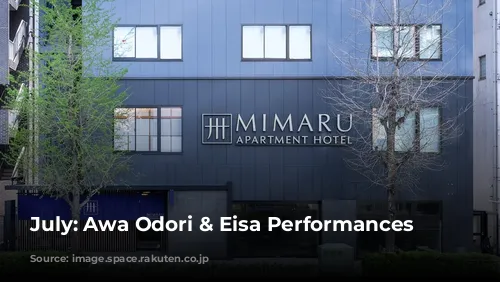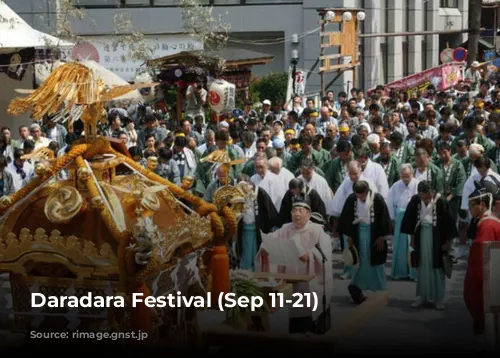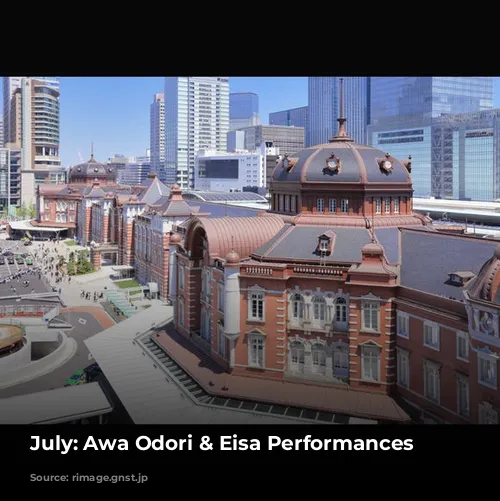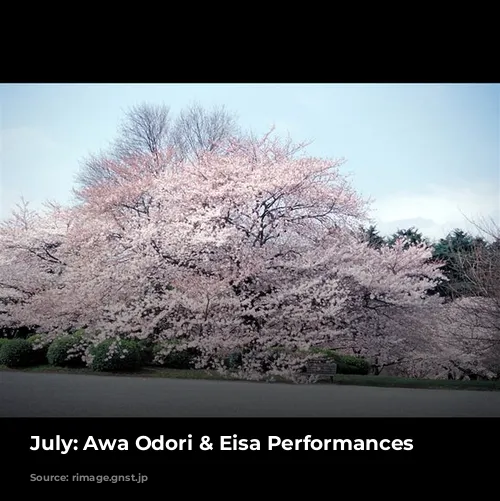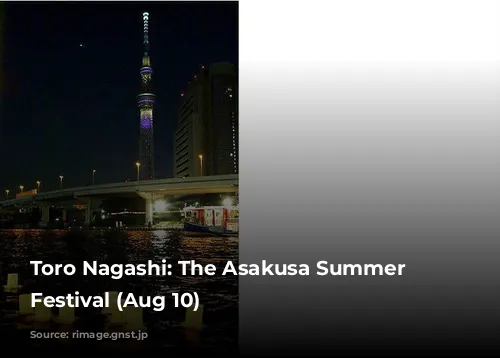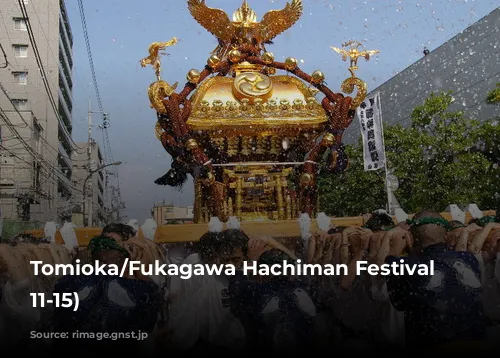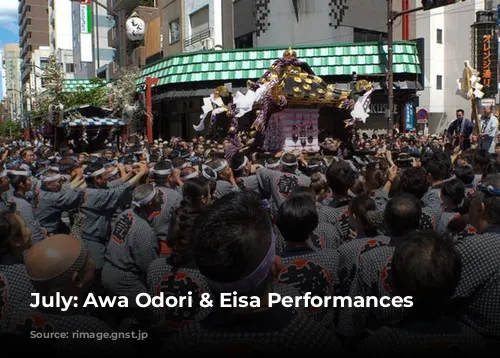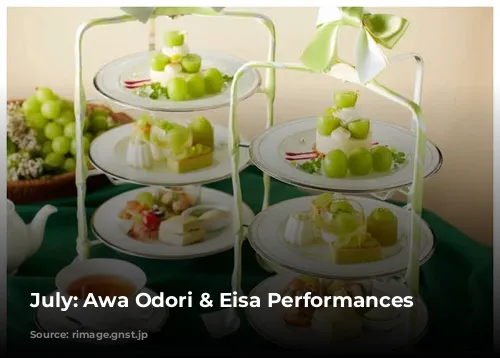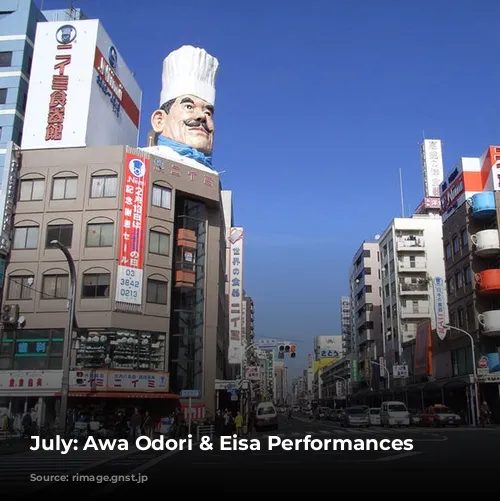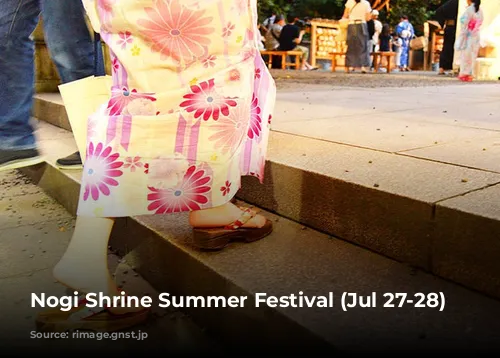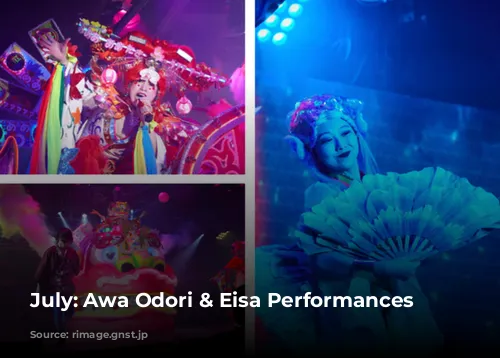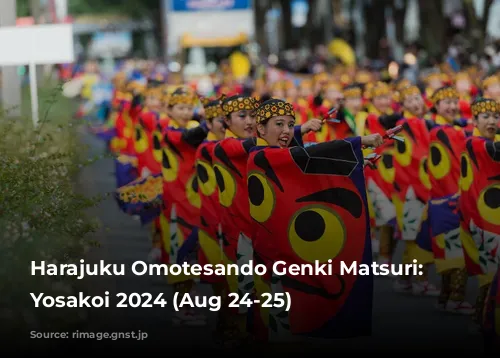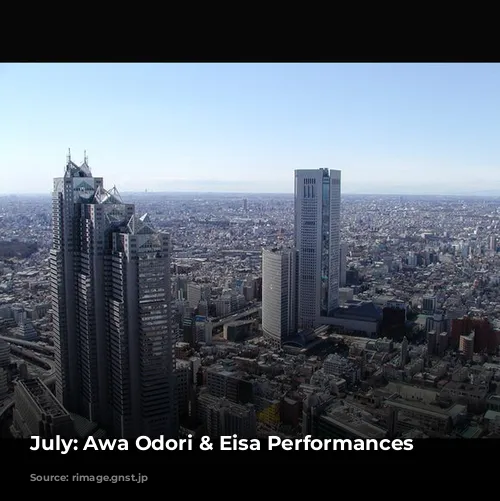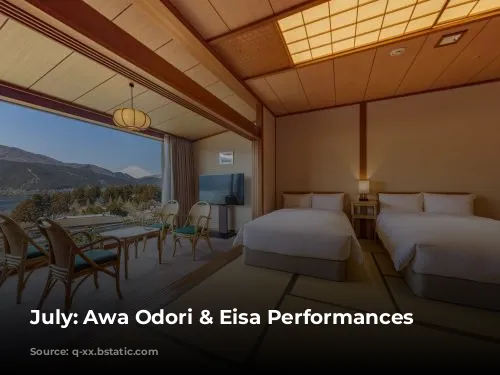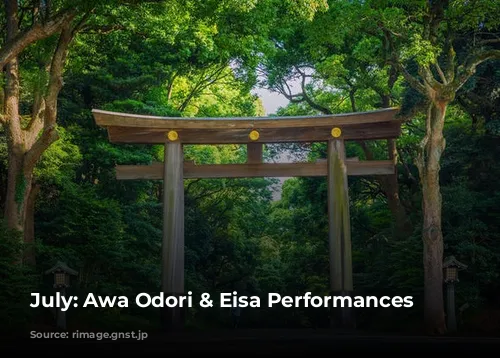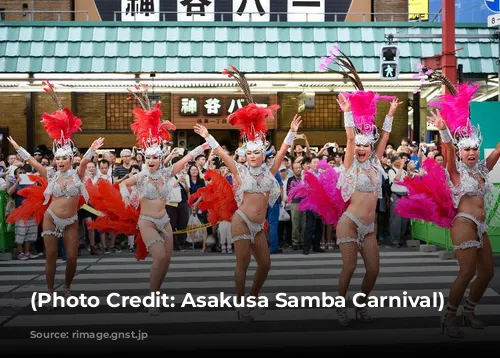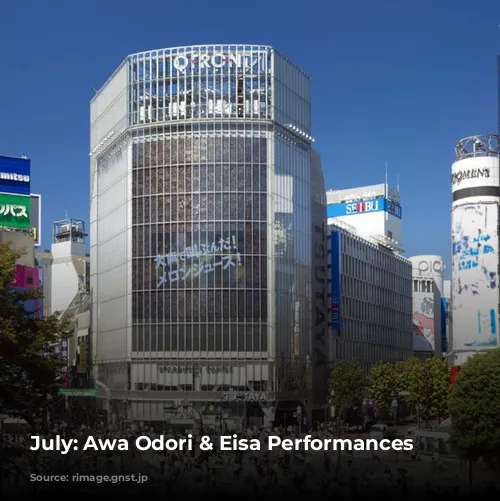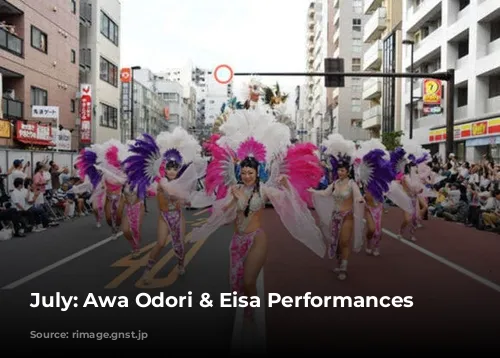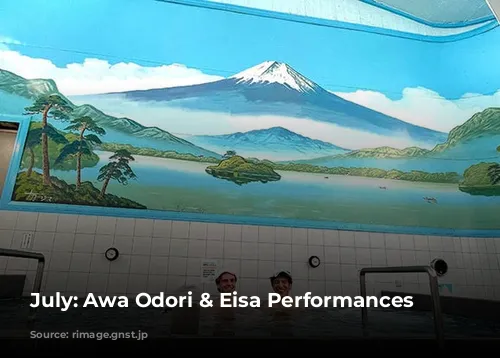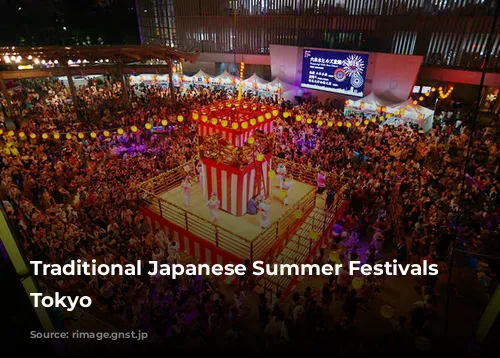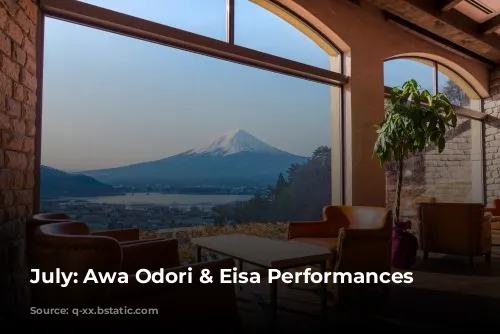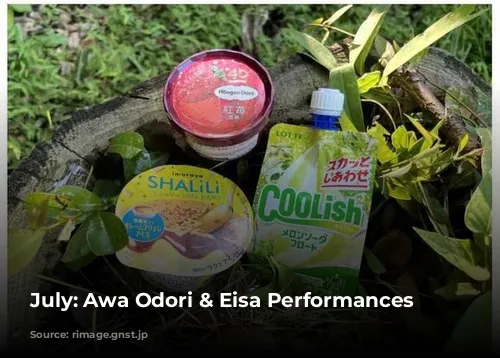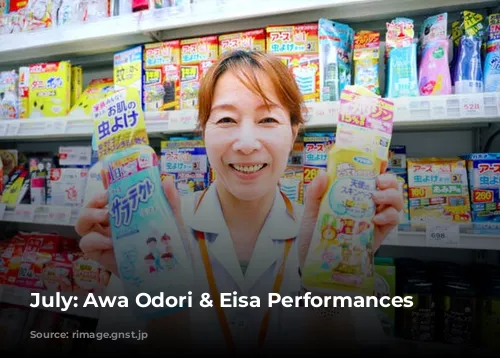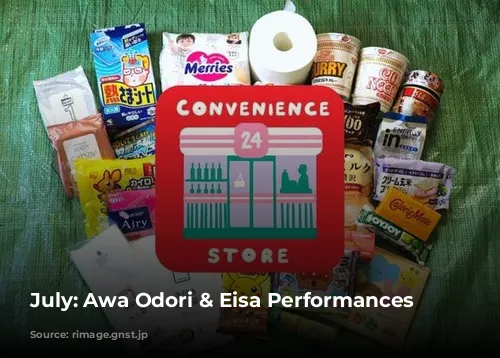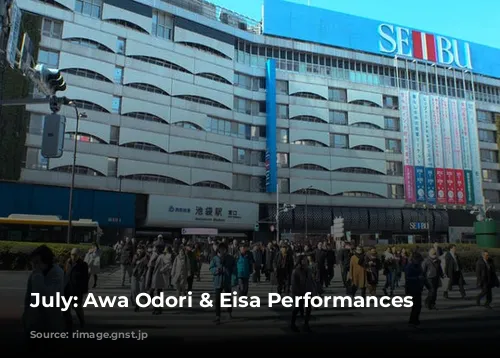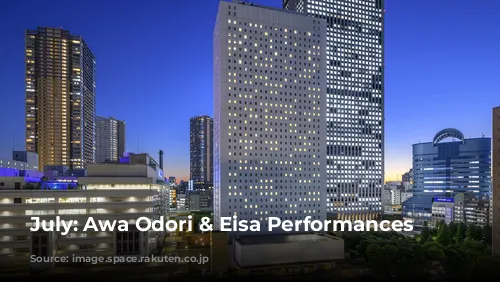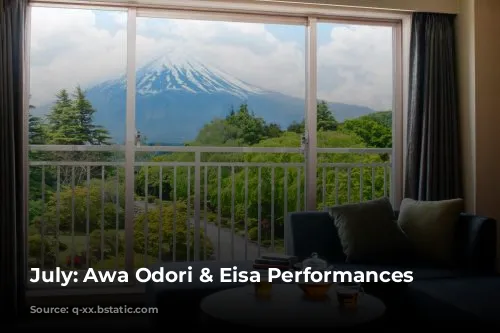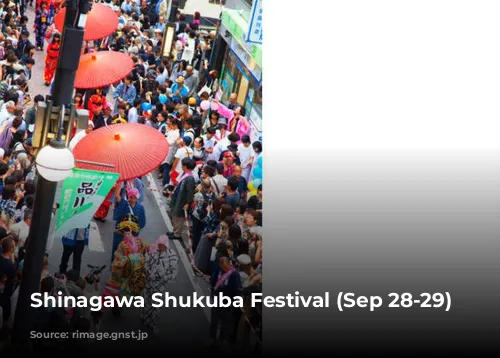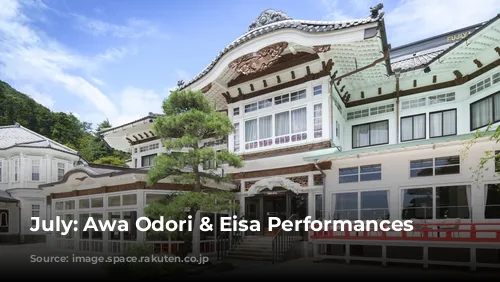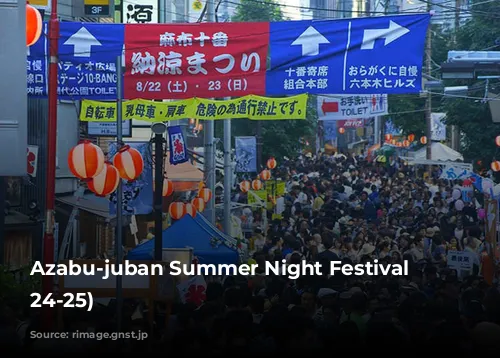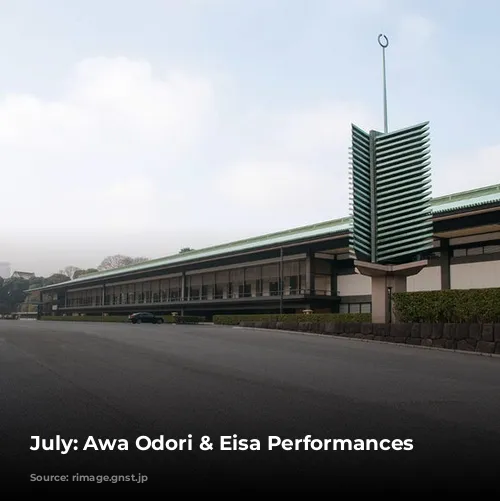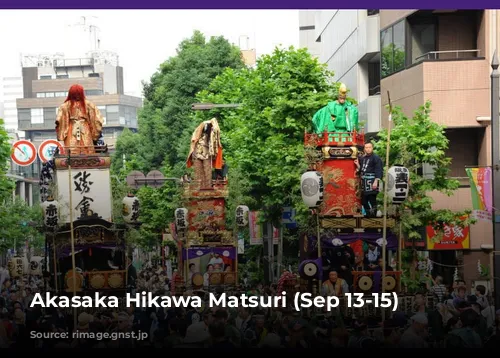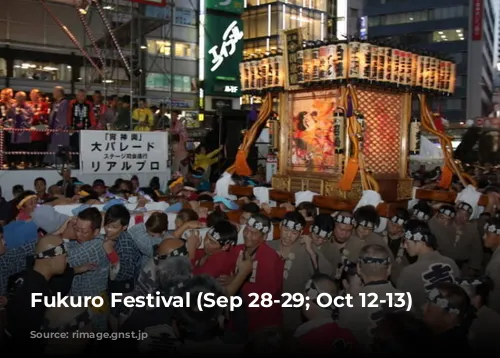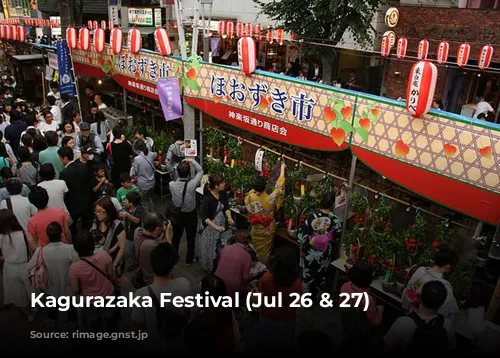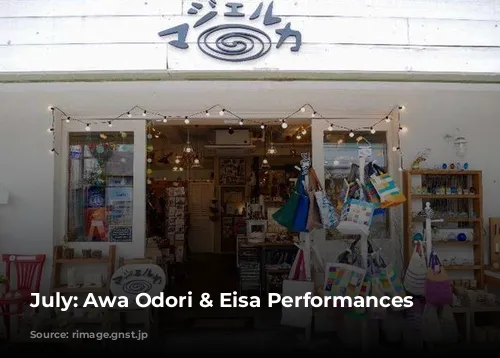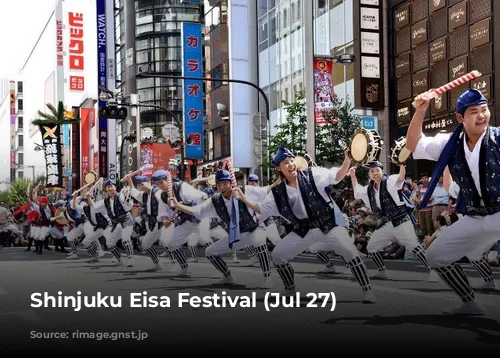The Hozuki Market, a vibrant celebration of beautiful Chinese lantern plants, takes place on July 24th and 25th. The main venue is the grounds of the Bishamonten Zenkoku Temple, where you’ll find not only stunning potted lantern plants but also delicious treats from local food vendors.
Following the market, on July 26th and 27th, Awa Odori, a traditional Buddhist dance from Tokushima Prefecture, takes center stage. Approximately 20 groups of nimble dancers grace the streets of Kagurazaka, creating a spectacle that you won’t want to miss!
The Shinjuku Eisa Festival brings the spirit of Okinawa to Tokyo. This vibrant event, held around Shinjuku Station, showcases traditional Eisa performances. Twenty-six groups participate, filling the air with the powerful beats of Taiko drums, dazzling costumes, and energetic cheers. It’s a fantastic opportunity to immerse yourself in the captivating Okinawan culture!
August: Summer Festivals with History and Tradition
The Nogi Shrine Summer Festival offers a perfect blend of fun and learning. Families can enjoy a classic Japanese summer festival atmosphere while exploring the history and culture of both the Nogi Shrine and Nogi Kaikan.
Delight in kakigōri (shaved ice) and cotton candy, try your hand at balloon fishing, and enjoy performances by a mixed chorus. The festival also features an antique market, where you can uncover unique souvenirs.
The Toro Nagashi Festival is a poignant celebration held on the Sumida River. This beautiful festival dates back to 1946 and commemorates the victims of World War II. Hundreds of paper lanterns, each carrying a special message of remembrance, gently drift down the river, creating a mesmerizing spectacle of light and reflection. You can even participate by setting your own lantern afloat.
The Sanja Matsuri is one of Tokyo’s most iconic festivals and is renowned for its grand procession. The highlight is the Nonomiya Mikoshi, a massive portable shrine weighing 2 tons, which is paraded through the streets with the traditional shouts of “Wasshoi, wasshoi!”
September: Diverse Celebrations of Music, Dance, and Culture
The Roppongi Hills Obon Festival brings the lively traditions of Obon to the heart of Roppongi. Thousands gather to dance to the rhythm of Ropponjin Ondo, a traditional song, creating a vibrant atmosphere. The festival also features a diverse range of food stalls, offering delicious gourmet snacks and Obon-special treats.
The Harajuku Omotesando Genki Matsuri: Super Yosakoi is a lively celebration of Yosakoi, a dynamic dance form that originated in Kochi Prefecture. Over 100 teams from across Japan participate, showcasing their vibrant costumes and energetic performances. The festival draws a massive crowd, creating an exciting atmosphere in the heart of Harajuku.
The Azabu-Juban Summer Night Festival is a bustling street festival that attracts a half-million visitors. Enjoy the vibrant atmosphere, browse through a diverse range of stalls, and savor local delicacies. The festival features an Oragakuni Jiman area showcasing products and specialties from across Japan.
The Daradara Festival is one of Japan’s longest shrine festivals, stretching from September 11th to 21st. This traditional festival offers a diverse range of performances and dances, culminating in a special day dedicated to Japanese court music and dances on the 16th.
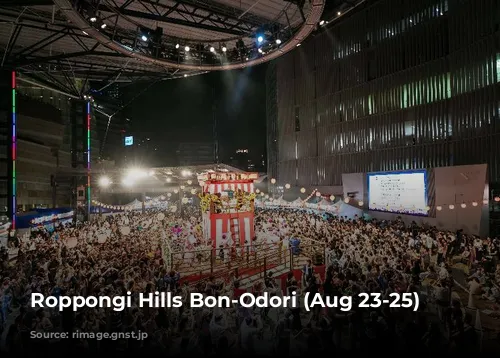
October: A Glimpse into Tokyo’s Past and Present
The Akasaka Hikawa Matsuri is a captivating spectacle that combines tradition and modern charm. The festival features a beautiful parade of historic floats and 15 portable shrines. Look out for geisha joining the procession, adding an elegant touch to the event.
The Asakusa Samba Carnival is a vibrant celebration of Brazilian culture. The festival draws samba teams from all over Japan, each showcasing their unique style and costumes. The energetic performances fill Asakusa’s streets with vibrant music and dazzling dance routines.
The Shinagawa Edokko Matsuri transports you back to Old Edo with a captivating procession of oiran (courtesans) and traditional performances. Explore the festival’s various stalls, enjoy children’s entertainment, and experience the unique charm of Old Edo with activities like a vegetable all-you-can-grab offer and a workshop on traditional stuffed animal making.
The Ikebukuro Fukuro Matsuri is a vibrant blend of tradition and modern entertainment. The festival features a procession of 14 local groups with portable shrines, followed by a captivating dance festival with performances ranging from hula and Kyokushin Karate to traditional dances like Edo-gei Kappore and Tokyo Ondo.
